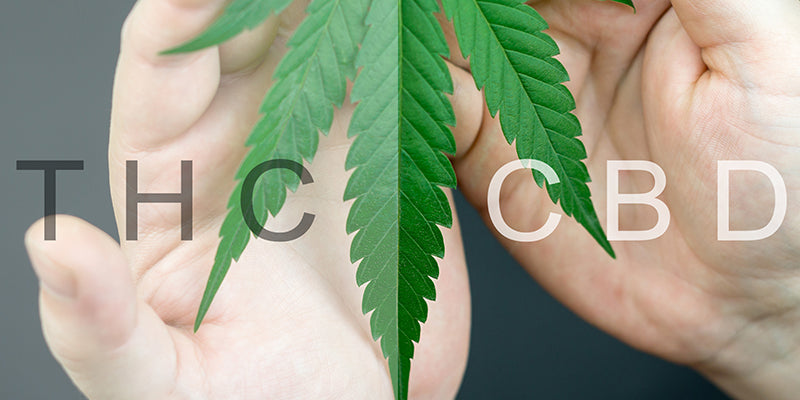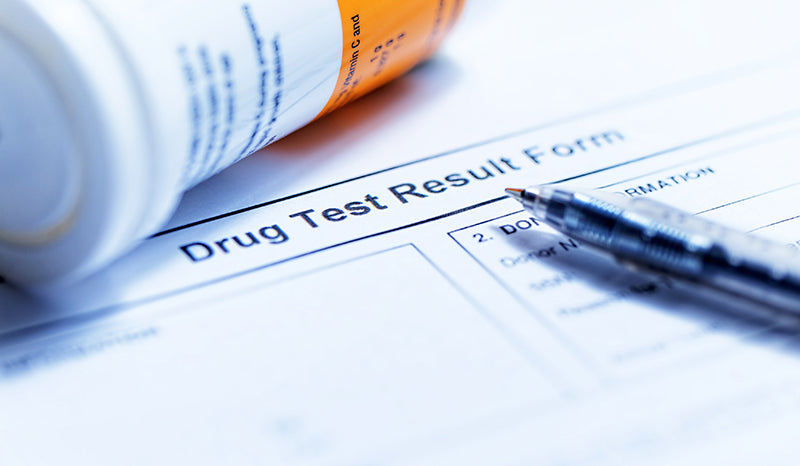Cannabidiol (CBD) products are gaining popularity. Workplace Drug tests are being used more frequently. Many people wonder if these drug tests can detect CBD. Drug tests detect the presence of certain substances, including small amounts of THC, the psychoactive compound found in cannabis indica.
In this blog, we will explore the relationship between CBD and drug tests, examining different types of drug tests, factors that may affect CBD detection, potential risks of products that include CBD, and strategies for CBD users. You can confidently make informed decisions and navigate drug testing scenarios by better understanding this topic.
Understanding CBD And THC
We must understand what they are testing for when administering drug tests. The purpose of drug testing is to look for drug misuse. Misusing drugs can be dangerous to users and those around them. So, companies administer them to protect the business and other employees.
Drug testing connects to CBD because it comes from the cannabis sativa hemp plant. THC, another component of cannabis, causes issues for those who use it. Let's go over the differences between CBD and THC.
The Difference Between CBD And THC
Differentiating between CBD and THC is crucial in understanding the implications of CBD use on drug tests. While both CBD and THC are compounds found in the cannabis plant, they possess distinct characteristics.
Delta-9 tetrahydrocannabinol (THC) is the psychoactive component responsible for the "high" associated with marijuana use. On the other hand, CBD, or cannabidiol, is non-psychoactive and does not produce intoxicating effects.
Unlike THC, CBD does not alter perception or cognition. This fundamental difference in their chemical makeup and effects is important to consider when discussing drug tests, as the focus is typically on detecting THC metabolites rather than CBD.
CBD and Drug Testing
Even though CBD itself isn't usually what drug tests look for, using CBD products can sometimes lead to a positive result. This is because some CBD products, while the legality of CBD requires them to have less than 0.3% THC (the part of marijuana that gets you high), might be mislabeled or contain more THC than advertised due to the unregulated nature of the CBD industry.
Regular, high-dose use of CBD also increases the risk of testing positive for THC. Therefore, people using CBD should be cautious and informed about the products they choose to avoid unexpected test results. 
Only orally taken CBD products will appear on a drug test. Does CBD or hemp creams show on a drug test? CBD creams and other topicals will not appear on a drug test unless the cream or topical is transdermal and contains THC. So, using CBD products that you have to digest will put you at more risk for drug test failure than a CBD topical would.
Types of Drug Tests
It's important to know that different types of drug testing can be performed when testing for cannabis product users. Here are some examples of drug tests.
Urine Test
Urine tests, the most common way to check for cannabis use, find THC by looking for its broken-down parts, called metabolites, in urine. When someone uses cannabis, their body changes THC into these metabolites, which then leave the body through urine.
The tests use a first-step screening, and if that shows positive, a more precise test is done to confirm, making sure the results are accurate. These tests have set limits to avoid mistakes, making them a reliable way to detect cannabis use.
Blood Test
Blood tests offer precise detection of recent cannabis use by analyzing THC and its metabolites directly in the bloodstream, which the liver processes soon after consumption. A blood sample, taken and lab-tested, can reveal cannabis use within hours to days, depending on usage levels. Although more invasive than urine tests, blood tests provide a more accurate measurement of current cannabis presence.
Saliva Test
Saliva tests quickly reveal recent cannabis use by detecting THC absorbed into the bloodstream and present in saliva. A swab collects the saliva sample, which is then analyzed, offering a non-invasive and rapid way to identify cannabis use within a few hours to a few days.

However, unlike urine or blood tests, saliva tests have a shorter detection window, making them more effective for identifying very recent use.
Hair Follicle Test
Hair follicle tests detect THC and its metabolites deposited in hair follicles via the bloodstream after cannabis use. These substances embed in hair shafts as hair grows, forming a historical record of drug use.
In the test, a small sample, usually from the back of the head, is sent to a lab. The sample, representing the most recent 1.5 inches of growth, allows detection of drug use for up to 90 days or more, offering a historical view less affected by occasional or one-time use than other tests.
Does CBD Show Up On A 10-Panel Drug Screen?
The short answer is it depends. The standard 10-panel drug screen test for the following: Amphetamines, Cocaine, Marijuana (THC), Opiates, Phencyclidine (PCP), Barbiturates, Benzodiazepines, Methadone, Propoxyphene, Oxycodone, and more illegal drugs.
Understanding what type of CBD product you are taking is an easy way to know if it will show up on a drug screen. If you are talking Full Spectrum CBD, which contains THC, then yes, you will test positive. Whereas if you take Isolate or Broad Spectrum CBD that is THC-free, then you shouldn't test positive.
Will CBD Show On A Military Drug Test
The military mainly uses urine tests to check for drug use, and these tests are very thorough. They look for a wide range of illegal drugs and even some prescription medicines. The military has a strict rule against using CBD products.
This is because even small amounts of THC can cause a positive drug test, and the military wants to make sure everyone is ready and able to do their job without any risks from drug use. So, even though CBD might be legal in some places, military members are not allowed to use it.
A failed drug test for minor illicit drugs could mean rank reduction, loss of pay, or non-judicial punishment. For "hard drugs," a service member might face a court-martial, dishonorable discharge, or even confinement.
Understanding CBD Drug Tests Results
Understanding CBD drug test results requires knowledge of the testing methods, cutoff levels, and potential for false positives or negatives. Drug tests have specific thresholds, known as cutoff levels, determining whether a substance is detected.

Regarding CBD, the focus is usually on THC detection rather than CBD itself. False positives can occur if a CBD product contains higher levels of THC than claimed or if there is cross-reactivity with other substances. On the other hand, false negatives can happen if the cutoff levels are set too high or if the testing method used has limited sensitivity.
It is essential to interpret drug test results cautiously, considering factors like the specific test administered, individual metabolism, product quality, and usage patterns. Confirmatory testing or consulting with a healthcare professional can provide further clarity if there are any concerns or discrepancies in the results.
Sum It Up!
In conclusion, navigating CBD and drug testing can be a complex and nuanced process. While CBD may not always be the primary focus of drug tests, it's crucial to understand the potential risks and factors that can affect the results. Consider the legality and THC content of CBD products, as well as the different types of drug tests commonly administered, such as urine, blood, saliva, and hair follicle tests.
Remember that the information provided in this blog is intended for informational purposes only and does not substitute for professional advice. Empower yourself with the knowledge to confidently navigate the intersection of CBD and drug testing. By making informed decisions, prioritize your health, well-being, and compliance with rules and regulations.
Why Buy From Zatural?
At Zatural, we provide third-party lab tests so customers know what they purchase. Our products are free of additives, preservatives, emulsifiers, fillers, pesticides, herbicides, heavy metals, and mycotoxins.
Our customers come first. Our mission is to help increase the standard of health through natural means. All of our products are natural, organically grown, and handcrafted. We offer a 30-day satisfaction guarantee, allowing you to return your product for a full refund if you are unsatisfied.
Zatural CBD Products
For educational purposes only FDA DISCLAIMER
*FDA DISCLAIMER -These statements have not been evaluated by the FDA.




4 comments
Hi Monica, concerning your other question. There are no known side effects of taking too much CBD. From what studies we have found, as long as there is no THC in the CBD oil your taking, you can’t overdose on it. However, if you take too much CBD, your body may not be able to use all of it, and it could go to waste.
Hi Linda, nano CBD is a good option because the CBD is broken down into smaller particles to be more easily absorbed. However, nano CBD is preferred for products you must digest. If you take an oil like our Broad Spectrum CBD, you place the oil under your tongue and hold it there for 30-60 seconds. This method with this type of CBD oil is just as effective.
Is CBD bad for you if you take too much?
I have MS. Research says nano form would be more easily absorbed. Use 500 mg full spectrum CBD now